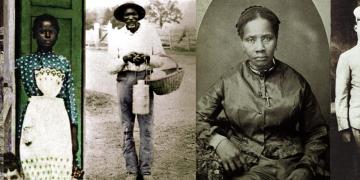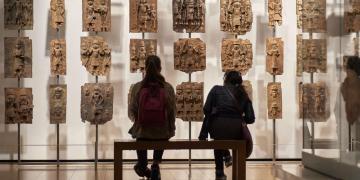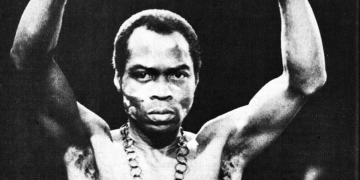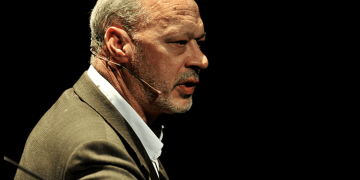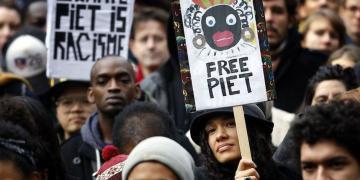Check our wiki on this topic
Agency
Wiki
Agency is the ability of individuals to act independently and of their own volition.
Refugee Literature
Wiki
Refugee literature refers to literary works, including fiction, non-fiction, poetry, and other forms of written expression, that focus on the experiences of refugees. These works often explore the challenges, struggles, and triumphs of individuals or groups who have been forced to leave their homes due to conflict, persecution, or other forms of hardship.
Otherness
Wiki
process of differentiation and demarcation, by which the line is drawn between ‟us” and ‟them” – between the more and the less powerful – and through which social distance is established and maintained (Lister 2004).
Counter-mapping
Wiki
Counter-mapping refers to the effort of mapping against dominant power structures with the aim of creating social or political change.
Critical cartography
Wiki
Critical cartography refers to the academic field in which products and processes of cartography are critically analysed in order to reveal hegemonic power-relations.
Hidden transcripts
Wiki
Hidden transcripts is a concept often used in discussions of power and resistance, and it refers to forms of resistance and dissent that are kept out of sight for those in power.



